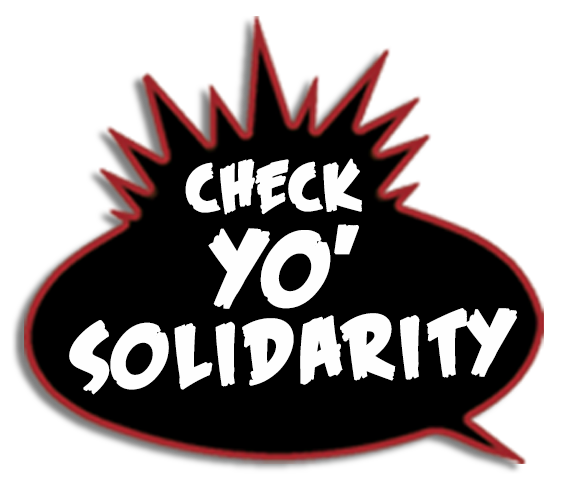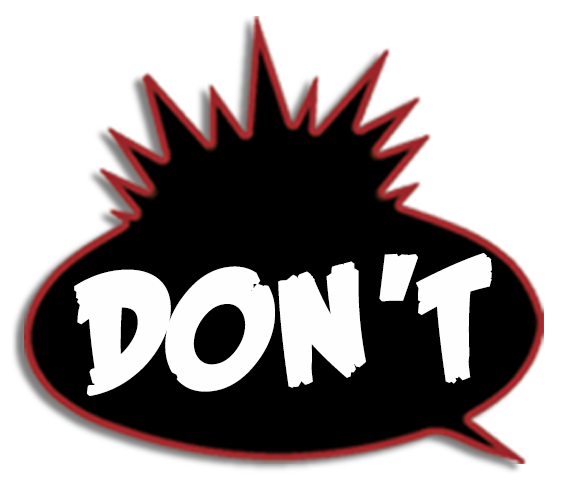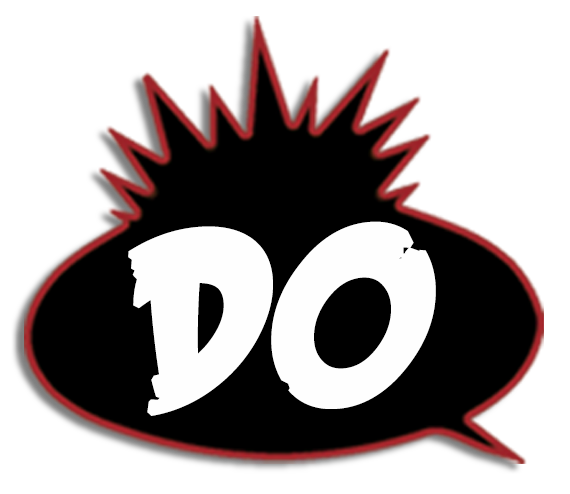Often times it is people with privilege that help push a movement forward and that is invaluable. Certain privileges can help get underrepresented communities access or visibility in spaces they may not have had previously. See your privilege as a means to support communities, instead of feeling bad about it. It’s what you do with your privilege that counts!



